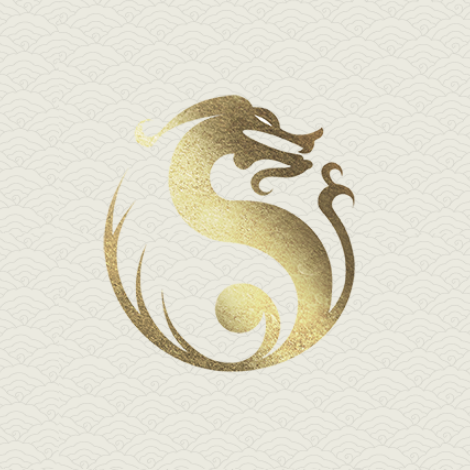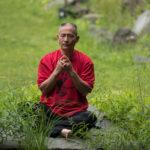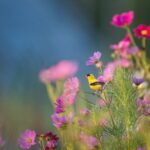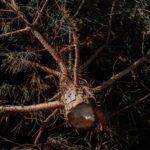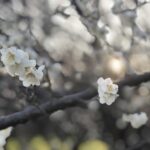Breast Cancer Awareness: Prevention is the Cure!
October is Breast Cancer Awareness Month. This public campaign began in 1985 to promote awareness and early detection of breast cancer. But 32 years later, the numbers are staggering. One in every 8 American women (about 12 percent) is projected to develop breast cancer in her lifetime. And over 2,000 men are diagnosed with invasive breast cancer each year. With $1.5 billion devoted to breast cancer research annually, one is left to wonder: Why is early detection still the only option?
Isn’t it time for a deeper look into true prevention?
True prevention understands that everything is energy–even cancer. It sees all facets of life as a connected whole. This perspective helps us to look at illness through different eyes. It also helps us to recognize when energy is out of balance.
We cannot focus only on the cancer. We must also look at the relationships that exist at that same level of energy.
Many Western researchers believe that breast cancer is present in the body for about eight years before it can be detected on standard tests. Traditional Chinese medicine (TCM) recognizes the early warning signs of breast cancer (at the invisible, energetic level) before they become visible, manifesting in the body as cancer. These invisible connections can greatly impact a person’s health.
TCM focuses on true prevention. Prevention includes not only a balanced body, but also balanced emotions. The principle of yin and yang tells us that everything has a complementary energy. Nothing is all black or all white. Where any problem exists, so does its solution. The human body is deeply “programmed” to create health, not disease. And if disease appears, the body has the power to heal itself.
The body, mind, emotions, and spirit all impact the energetic system. Therefore everything we experience is connected to our health. When a person acts on this wisdom, he or she takes a very powerful step toward true prevention.
“The best doctor concentrates on prevention instead of fixing disease.” ‒ Nei Jing




